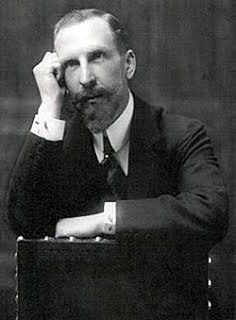A Quote by James Gleick
The alternative to doubt is authority, against which science had fought for centuries.
Related Quotes
People try to persuade us that the objections against Christianity spring from doubt. That is a complete misunderstanding. The objections against Christianity spring from insubordination, the dislike of obedience, rebellion against all authority. As a result, people have hitherto been beating the air in their struggle against objections, because they have fought intellectually with doubt instead of fighting morally with rebellion.
Making two possibilities a reality. Predicting the future of things we all know. Fighting off the diseased programming Of centuries, centuries, centuries, centuries. Science fails to recognise the single most Potent element of human existence. Letting the reigns go to the unfoldings faith, Science has failed our world. Science has failed our mother earth.
During my lifetime I have dedicated myself to this struggle of the African people. I have fought against white domination, and I have fought against black domination. I have cherished the ideal of a democratic and free society in which all persons live together in harmony and with equal opportunities. It is an ideal which I hope to live for and to achieve. But if needs be, it is an ideal for which I am prepared to die.
Lest we forget, the birth of modern physics and cosmology was achieved by Galileo, Kepler and Newton breaking free not from the close confining prison of faith (all three were believing Christians, of one sort or another) but from the enormous burden of the millennial authority of Aristotelian science. The scientific revolution of the sixteenth and seventeenth centuries was not a revival of Hellenistic science but its final defeat.
I think we fought Vietnam for the benefits of civilization, and certainly we fought it to oppose authority. To show our authority, to show we weren't weak. Isn't that what Nixon kept saying? "We have to show the world that we're not weak." So of course what we ended up showing the world was that we were, yep, weak. 'Cause we couldn't beat these kids in black pajamas.


































